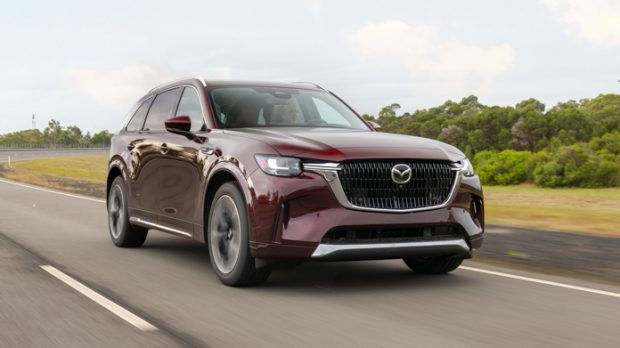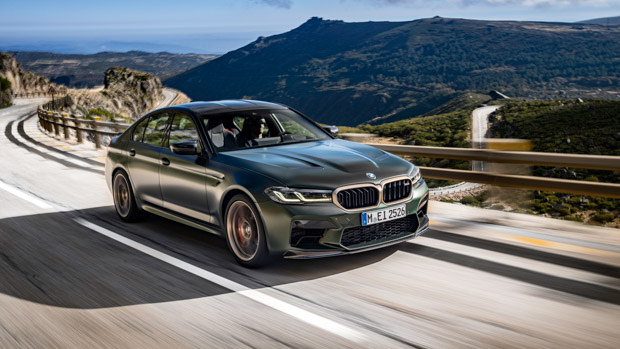-
Car Reviews
- Car News
-
Car Comparisons
Latest comparisons
- Chasing Deals
As prices of new cars continue to rise, so too has the tax man’s definition of a luxury car
Anyone buying an expensive new car could pocket up to $1500 if they wait until next financial year, after the Australian government announced increases to the Luxury Car Tax (LCT) thresholds.
From July 1, you won’t start paying LCT on ‘fuel efficient’ vehicles (using less than 7.0 litres per 100 kilometres) until after $89,332 while for all ‘other’ vehicles it will kick in after $76,950.
Currently, the thresholds are $84,916 and $71,849, representing a shifting of the brackets by $4415 and $5101 respectively.
Under the previous thresholds, a $100,000 ‘fuel efficient’ vehicle would have attracted $4525.20 of LCT, but now that figure is $3200.40 – a saving of $1324.80.
For ‘other’ vehicles costing $100,000, the ATO would charge you $8445.30 in LCT. But now, they will charge you $6915 – a saving of $1530.30.
As an example of how this incentive works, previously, Mazda’s CX-90 diesel attracted a lower price than the equivalent straight-six petrol in some grades as the former fell into the definition of as a fuel efficient vehicle, despite oil burners typically costing more to manufacture.
Raising the LCT thresholds will reduce the drive-away prices of affected new cars even further, as state-based stamp duty – calculated after LCT is added – will also be less.
LCT works by applying a 33 percent levy on every dollar a vehicle costs over the threshold. If you purchase a vehicle costing $10,000 above the LCT threshold, you will be charged 33 percent of that amount less the 10 percent Goods and Services Tax (GST).
In this case GST is $1000, so LCT is 33 percent of $9000 ($2970).
It remains to be seen how driveaway prices are affected in the latter half of the year, with incremental price rises likely to continue on the base cost of most vehicles.
LCT was introduced in 2000 as a way of taxing imported vehicles as locally manufactured cars were often sold well below the thresholds.
Latest news
About Chasing cars
Chasing Cars reviews are 100% independent.
Because we are powered by Budget Direct Insurance, we don’t receive advertising or sales revenue from car manufacturers.
We’re truly independent – giving you Australia’s best car reviews.

